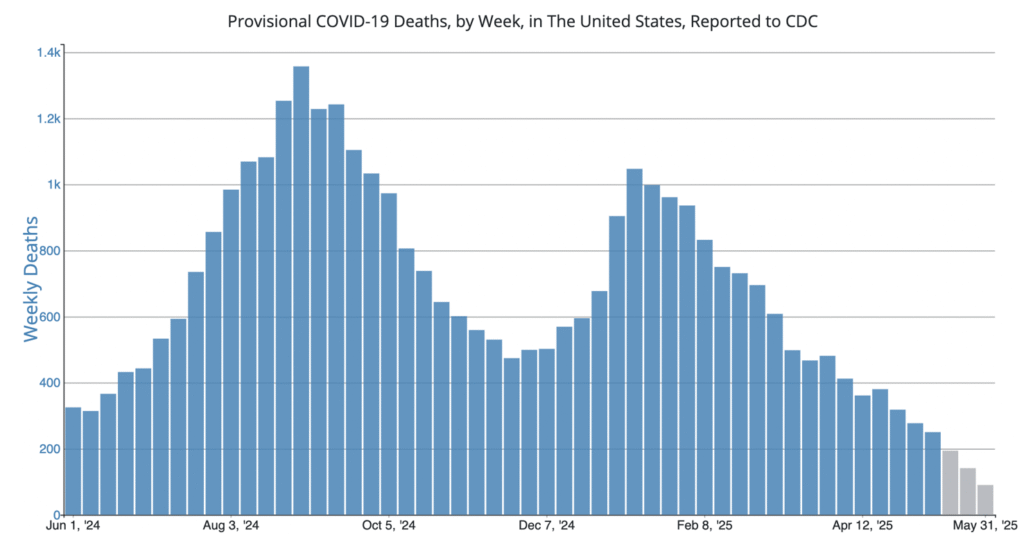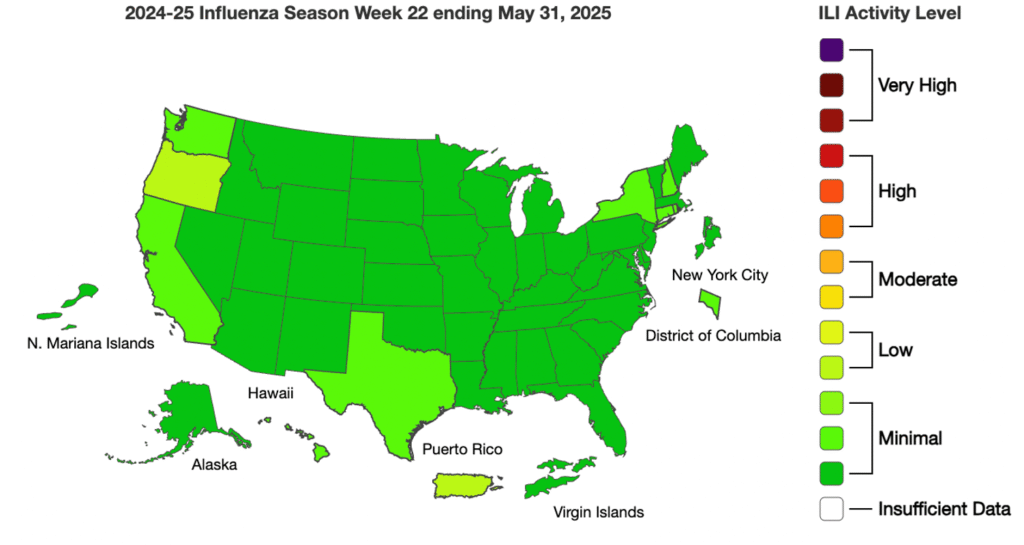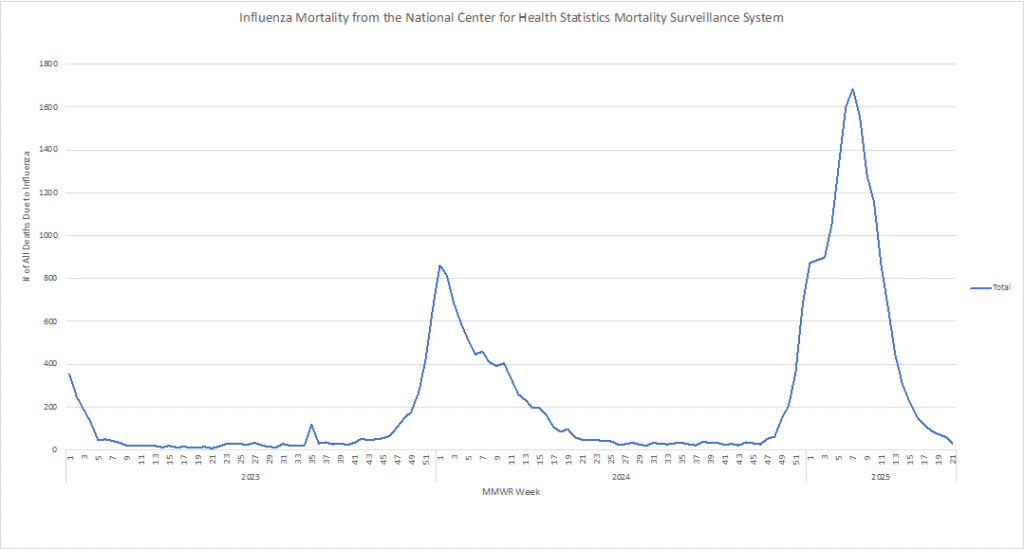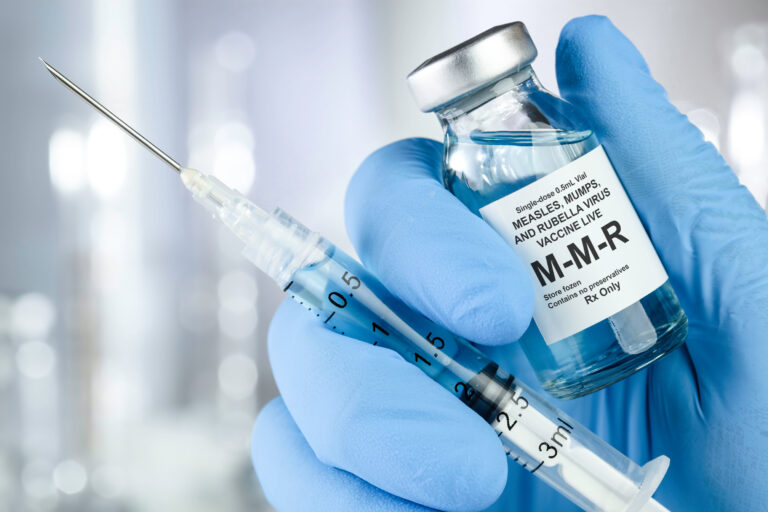With measles cases rising around the world, the CDC has revised its measles vaccine guidance, advising that all international travelers be fully vaccinated against measles no matter where they are traveling. The advisory is an update from the previous recommendation to be vaccinated if traveling to countries with outbreaks.
Measles is one of the most contagious of diseases, with a basic reproduction number (R0) of 18, meaning that one infected person can spread it to 18 others. It spreads easily through an infected person’s coughing and sneezing, and others’ breathing of the contaminated air or touching an infected surface. With the virus able to last up to two hours in the air or on a surface, CDC stated that the disease is most often brought into the US by unvaccinated US residents who were infected during their international travel.
Measles can be a very serious disease, particularly for those who are immunocompromised. Most recently, a baby in Canada contracted the virus in utero from its mother, who was not vaccinated, was born prematurely and died. As in the US, measles had been declared eliminated in Canada more than a quarter century ago but has had a resurgence due in part by reduced childhood vaccination rates.
In both the US and Canada, measles vaccination involves a live, two-dose vaccine series. The first dose is typically administered at 12–15 months of age, and the second between 4–6 years. Because it is a live vaccine, it is not suitable for children with certain underlying health conditions, making it especially important that healthy children are vaccinated to help protect those who cannot be.
Due to measles’ high R₀, community vaccination rates need to be 95% or higher to prevent widespread transmission. Falling below that threshold can quickly lead to outbreaks.
International travelers are at risk of infection if they have not had measles or been fully vaccinated at least two weeks prior to travel. While the risk is global, thus necessitating vaccination for any international destination, as of May 2025, the countries with the most extensive outbreaks are Yemen, Pakistan, India, Afghanistan, Ethiopia, Kyrgyzstan, Romania, Thailand, Indonesia, and Nigeria.
COVID Risk Matrix:

Influenza:


Infectious Disease News:
- As of 5 June 2025, no relevant public health events related to communicable diseases have been detected in connection with the Hajj pilgrimage, which occurred from June 4-9 in Saudi Arabia. The European CDC is monitoring this mass gathering.
- Splash pad-associated illnesses – A review of waterborne illnesses from 1997-2022 revealed that 60 of these were associated with splash pads. These resulted in 10,611 cases, 152 hospitalizations, 99 emergency department visits, and no reported deaths. Two-thirds of the outbreaks were caused by Cryptosporidium, a parasite that is tolerant to chlorine, which is commonly used as a barrier to pathogen transmission in the water used in splash pads.
- A study on the Stability of influenza viruses in the milk of cows and sheep | medRxiv revealed that infectious H5N1 viruses in raw cow and sheep milk survived for over a day at room temperature and more than a week when refrigerated.
- A baby born prematurely in Ontario, Canada, was infected with measles and passed away. The mother was not vaccinated against measles, and the baby is suspected to have contracted the virus in utero.





